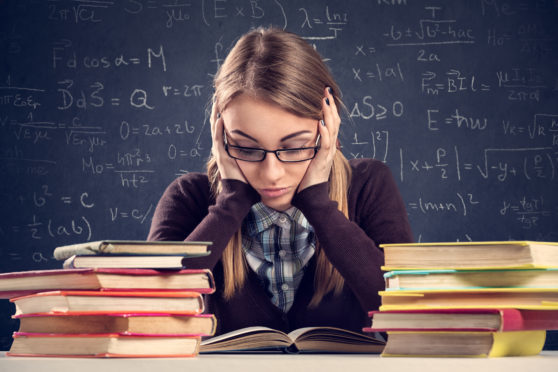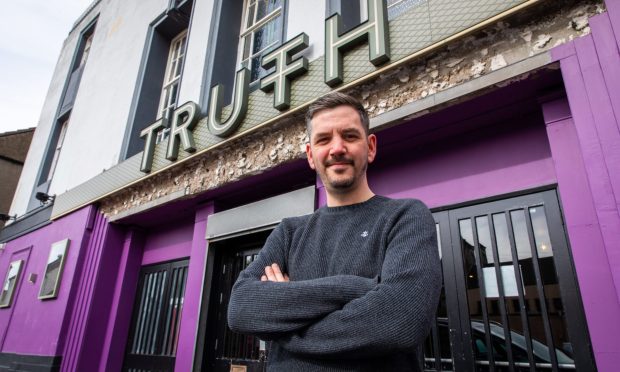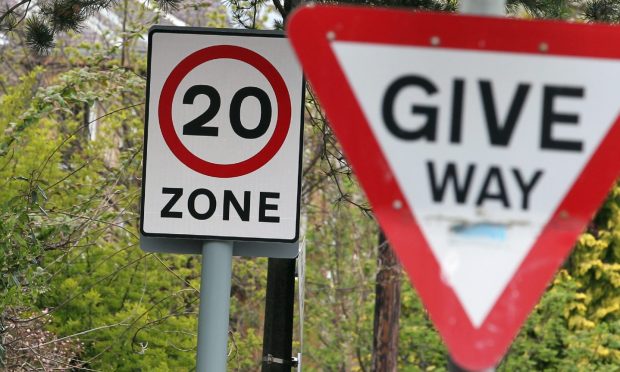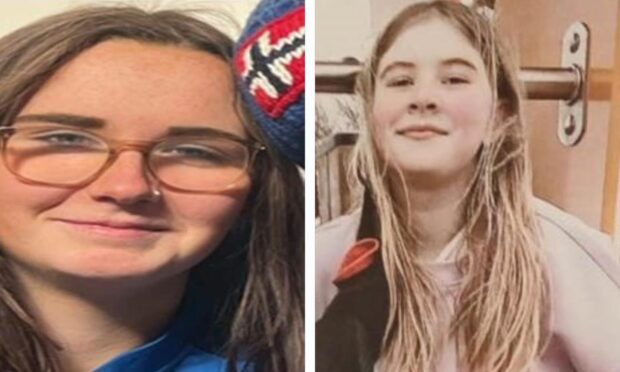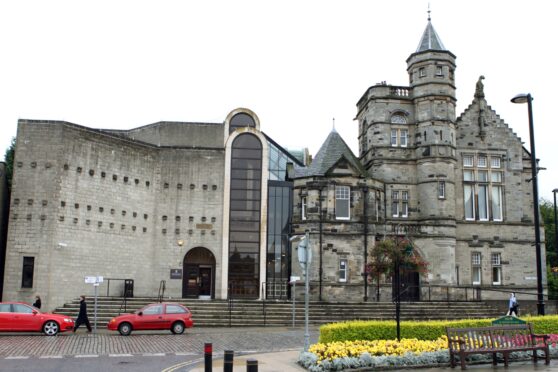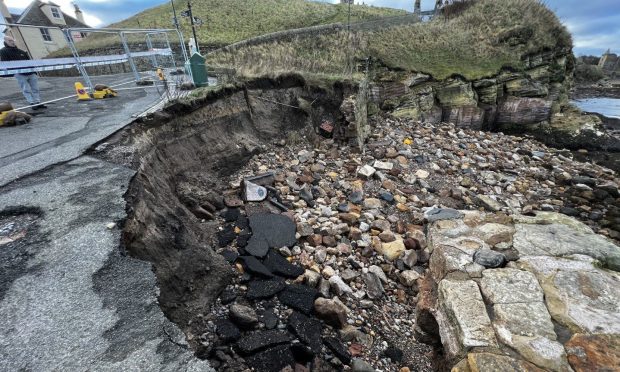Nearly a quarter of Fife’s young people referred for specialist mental health support are said to be suffering from anxiety or stress at home.
The shocking scale of the issues affecting the emotional wellbeing of the region’s school children has been laid bare in a new report to Fife’s education and children’s services committee.
It highlighted a staggering 279 pupils have been referred to the Fife organisation Drugs, Alcohol and Psychotherapies Limited (DAPL) in the past month alone.
Of these referrals, 218 youngsters were identified as fitting the criteria for counselling — around 60% of whom were girls — while the biggest proportion of referrals were for pupils in S4, a key time where the pressure of exams and issues surrounding adolescence are deemed to hit hardest.
Research seen by The Courier has revealed 28% of those referred cited anxiety as the main reason for their mental health difficulties, while 22% said stress from home and family issues were causing them problems.
Around 14% were suffering from low mood and 8% were experiencing some sort of bereavement, while school related stress, low self esteem, anger issues and self harm were also outlined as reasons for seeking help.
Fife Council and its partners have pledged to redouble their efforts to support young people’s emotional wellbeing through the Our Minds Matter framework, which was launched in June 2017 and born from a recognition children need better and broader pastoral care.
Rona Maclean-Ross, education officer, said the number of anxiety management groups for young people has been “radically extended” across Fife, while schools are also ran pre-exam workshops and study guides.
She said: “The peak we see at S4 is in line with national data around about the period of adolescence which combines with exams.
“It’s to be expected and we want to continue to develop the capacity of young people to be ready for these life events as they happen.”
Ms Maclean-Ross also confirmed Our Minds Matter has commissioned Fife Employment Access Trust (FEAT) to introduce mindfulness sessions in all of the region’s primary schools, a technique which has been shown to bring huge benefits to pupils’ energy levels and communication skills.
She said: “It’s for young people but also benefits staff, the people around them and parents.
“It’s designed to support the young people’s emotional wellbeing and some people will buy into it, others won’t, but that’s OK.”
Other initiatives include a Fife bereavement and loss group involving partners from NHS, education and the third sector to enhance awareness of how to support young people suffering from loss; showings of the American film ‘Resilience: A Science of Hope’ which highlights how to cope with adverse childhood experiences; and the creationof a Fife trauma awareness group.
Work is also being carried out with NHS Fife on how best to include emotional wellbeing information relating to body image and body confidence into existing Fife resources used to support young people.
Councillors have commended schools for using Pupil Equity Funding in different ways to try and address the issues raised in the report.
Issues affecting young people today
Research on young people’s mental health and wellbeing indicates that:
• Internationally, young people report increasing levels of stress and anxiety.
• Poorer mental health is associated with poor physical health.
• Scottish adolescents’ mental health is deteriorating.
• The decline in Scottish adolescent’s mental health is steeper than in other countries.
• There is a strong link between socio-economic status and mental health.
• Evidence suggests the decline is strongly linked to body image.
• Fife pupils say they need more help with building friendships, developing resilience and the ability to cope with peer issues.
